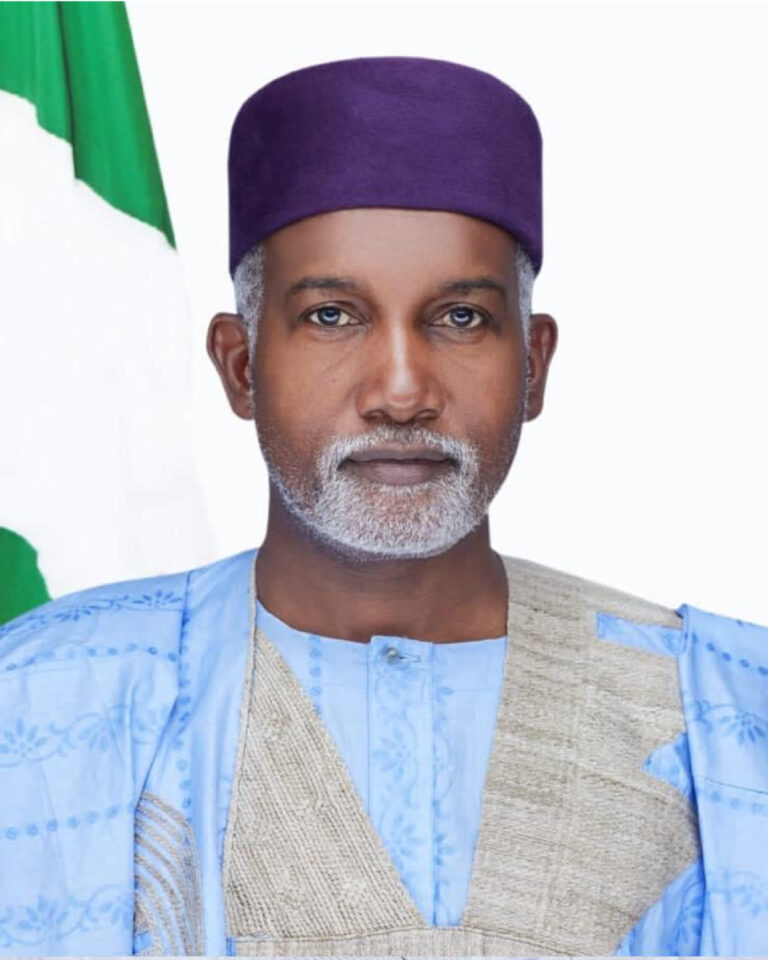Nigeria is recalibrating its global economic posture with a firm emphasis on self-reliance and African integration. Foreign Minister Yusuf Tuggar, speaking in London, said the country will no longer be drawn into the rivalries of major powers but will instead pursue what he called a path of “strategic autonomy.”
Rather than choosing sides in the ongoing competition between Washington and Beijing, Nigeria intends to build pragmatic alliances that serve its development goals. A cornerstone of this approach is maximizing the African Continental Free Trade Area (AfCFTA), seen by Abuja as the continent’s most powerful tool for spurring domestic industries and expanding regional value chains.
Tuggar even suggested that external trade frictions, such as the new US tariffs, could play in Nigeria’s favor by opening opportunities for local outsourcing and manufacturing. The country’s assertiveness is also reflected in its refusal to accept US deportees, citing limited national capacity — a decision underscoring its determination to act strictly in its own interests.
By prioritizing African markets and regional blocs, Nigeria hopes to insulate itself from external shocks while laying the foundation for sustainable, homegrown growth. The message is clear: Africa, not global power politics, will define Nigeria’s economic future.

